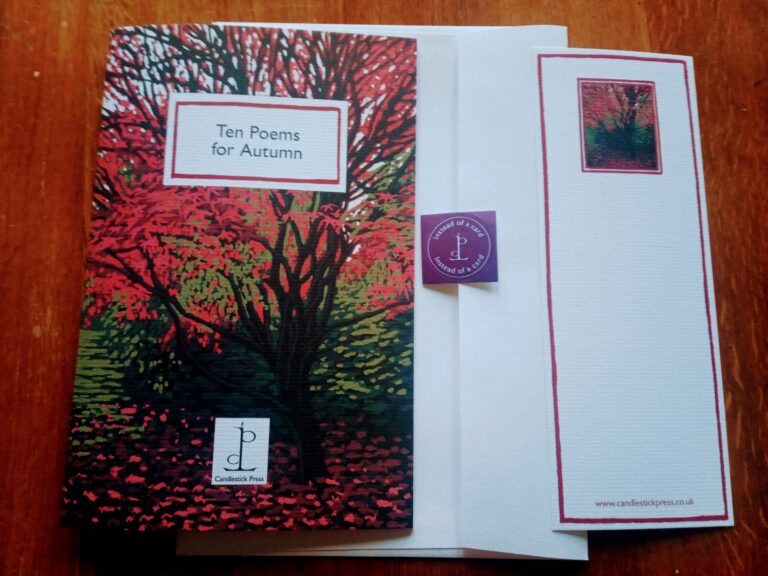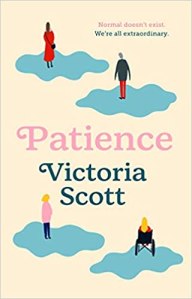
Today’s post is by Andrew Noakes, founder of The Niche Reader.
You’ve assembled your team of excellent beta readers, you’ve convinced them that yes this manuscript is your precious creation, years in the making, but no you will not have a complete meltdown if they don’t enjoy every single aspect, and you’ve hit send.
Job done, right? Wrong!
It’s time to think about what you’re going to ask your beta readers once they’re finished reading. Although asking “what did you think?” is sure to elicit some kind of response, you’re going to have to dig a little deeper to get what you need.
This is a specialty area for me. For the last few years, I’ve been running The Niche Reader’s beta reader service, and in that time I’ve managed hundreds of projects. I’ve learned that asking the right questions is just as important as finding the right readers. This is how to do it.
Structured feedback: why and how
Structured feedback means asking a list of carefully chosen questions. This is good for you and good for your beta readers. They’re not qualified editors (more on that next), so they often don’t know what their feedback should focus on. Giving them structure makes it easier for them. For you, it means nothing will be missed, which can often happen if you don’t ask specific questions. If you’re worried about missing out on more spontaneous answers, no need—you can still invite those by posing broader questions alongside the targeted ones.
We use online forms to capture answers from beta readers, turning each piece of feedback into a handy PDF for our authors. You can achieve something similar using a Word document. Write out your questions and ask your beta readers to respond to each one, then return the document to you. I would recommend asking them to aim for a few sentences for each question, on average, to ensure you get enough detail.
Beta readers versus professional editors
Beta readers are very different from editors. They are typically ordinary readers with little or no expertise on story craft or publishing. They’re not here to tell you whether your plot conforms to a three-act structure, whether your characters have enough internal conflict, or whether your book can succeed in the current commercial market. Save questions like this for your editor.
Beta readers provide a different, but equally useful, perspective. They can tell you which characters they connected with and which they didn’t, where in the story they started to lose interest and where they felt like they couldn’t put it down, whether your ending was satisfying or frustrating. This perspective—a reader’s perspective—is invaluable.
Questions you should always ask
Start by trying to gain a broad understanding of what your beta readers liked and didn’t like. We always ask these three questions to begin with:
- What was your overall impression of the story?
- What did you like about it the most?
- Was there anything you didn’t like about it? If so, what?
The first question asks for the broadest possible response. It should provide a top line answer to whether your beta readers enjoyed your book and why, or why not. It doesn’t lead them in any particular direction, so you know you’re getting an honest, spontaneous response. The second and third questions are almost as broad but invite your beta readers to provide a bit more detail on what worked for them and what didn’t.
After this, you should narrow in on the specific things you need to know. There are several questions I recommend asking:
- Did the story grab you at the beginning?
- Were there any points where you started to lose interest?
- Was the story easy to follow? If not, why not?
- Was there anything particular that you found confusing?
- Was there anything that you had trouble believing or that seemed illogical?
- Did you notice any inconsistencies in the plot, with the characters, or with anything else?
The answers to these should tell you if there are any sections, including the beginning, that need to be made more engaging and whether there are any confusing, convoluted, unbelievable, or inconsistent aspects of your story that need to be addressed.
You should always ask your beta readers about the characters. We ask four character questions as standard:
- Did you find the main character engaging? If so, what was most engaging about them? If you didn’t find them engaging, why not?
- Overall, which characters did you find the most engaging, and why?
- Overall, which characters did you find the least engaging, and why?
- Were you able to keep track of the characters, i.e. who was who? Were there too many?
These ensure you get a response about your main character (if you have one), as well as your other key characters.
Finally, don’t forget the all-important question:
- Did you find the ending satisfying?
To these, you might want to add other questions. For example, we always ask about the general standard of grammar, punctuation, spelling, and formatting, in case this is useful for the author. But the questions above should be your core questions that you always ask.
Genre-focused questions
Every genre has its own conventions and expectations, so it’s often worthwhile including some genre-focused questions as well. For fantasy, you might want to ask about worldbuilding; for historical fiction, the authenticity of your setting; for romance, the level of spice. You get the idea!
Questions specific to your story
There may be specific things about your story you’d like your beta readers to reflect on. Perhaps there’s a scene, plot point, or feature of a character that you feel anxious about. The best place for questions like this is at the end, as you’ll be able to see whether the issue you’re concerned about cropped up earlier in their feedback, spontaneously. If not, that’s often a sign that they didn’t consider it a serious problem or priority, which is helpful to know in itself.
You could also ask other questions, such as whether your beta readers would like to see a sequel, what books they think your story is comparable to (this is helpful for locating your story within its genre and subgenre), and whether they like your title or prefer an alternative you might have in mind.
How to interpret feedback and what to do with it
One huge benefit of using beta readers is that you can establish patterns. If one beta reader doesn’t connect to your main character, but all of the others seem to find them very engaging, then that one beta reader is an outlier, and you probably shouldn’t re-write your protagonist purely on the basis of their opinion. But if several beta readers identify something as being problematic, then you know you probably ought to pay it some attention. Look for common threads.
Expect your beta readers to love some aspects of your story and be less keen on others. Sometimes, the bits they like and don’t like will surprise you. Let yourself be encouraged by the positives, and work on the aspects that need further consideration.
Above all, celebrate the fact that, at last, your story has found its way into the heads and hearts of people other than you and your close circle. You’ve taken that first step towards putting it out into the wider world and seeing how people respond; it will give you more confidence and courage for the next step after that.






